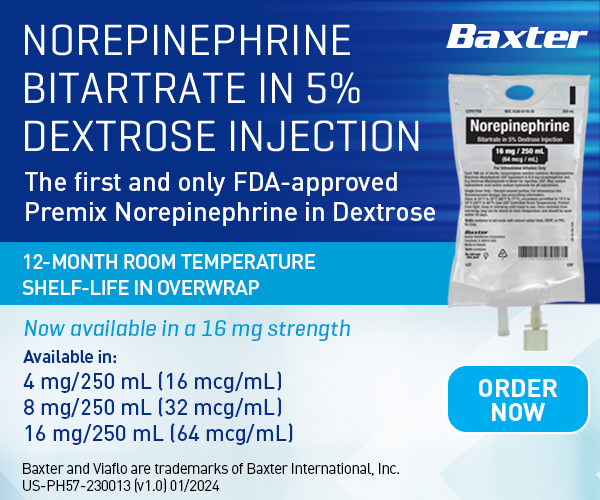Metabolic Disease
“It would be our hypothesis that weight gain after cure from HCV using DAA therapy would be associated with higher incidence of metabolic diseases including diabetes mellitus and metabolic (dysfunction) associated fatty liver disease, and thus would have a higher risk of liver-related adverse outcomes such as cirrhosis and development of hepatocellular carcinoma,” he said.
Metabolic-associated fatty liver disease (MAFLD), previously known as non-alcoholic fatty liver disease (NAFLD), has rapidly become the most common chronic liver disease in the world. It frequently arises in combination with other metabolic diseases that occur in conjunction with obesity an excess weight. HCV and cirrhosis significantly increase the risk of hepatocellular carcinoma.
“Given that many patients have some degree of hepatic fibrosis due to chronic HCV infection, it would be concerning if they subsequently developed another chronic liver disease which would carry the risk of progression to cirrhosis and associated complications,” Do noted.
How much greater risk veterans incurred by excess weight gain after HCV cure is not yet known, “but it is one of the most important clinical questions arising from this initial study,” he said. “Whether this weight gain is associated with adverse clinical outcomes (such as earlier incidence of metabolic disease or liver disease progression) would be important as it would change management of these patients to include the need for weight loss or prevention of weight gain.”
The VA offers a range of resources to help veterans make lifestyle modifications and other changes that facilitate weight loss. A multidisciplinary team that includes dieticians, mental health experts, social workers, and case managers can provide motivation and educate veterans on the best ways to achieve their goals in tandem with recommendations from a trusted primary care provider.
Do encouraged other clinicians to keep in mind the public health adage that “an ounce of prevention is worth a pound of cure” in working with veterans whose chronic HCV has been cured.
“[T]his study identifies a signal that this population may have more weight gain than the general population would be expected to, in just the first years after treatment,” he said. “Thus, armed with this knowledge, providers and patients may be able to help to prevent weight gain, which would likely be easier than working to lose weight after it has already happened.”
- Do A, Esserman DA, Krishnan S, Lim JK, Taddei TH, Hauser RG, Tate JP, Lo Re V, Justice AC. Excess Weight Gain After Cure of Hepatitis C Infection with Direct-Acting Antivirals. J Gen Intern Med. 27 Apr Online ahead of print.

